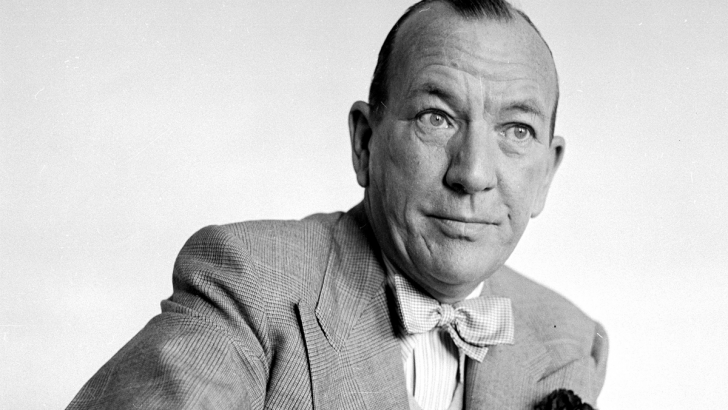What kind of a doctor is eager to perform abortions? Perhaps that’s a question for Health Minister Simon Harris.
To be fair to the medical profession, I don’t think that most doctors do like to carry out abortions. Some may do so if they feel it’s called for, clinically, but most – in my experience – do not want to spend their time in this depressing activity.
For this reason, in Britain, most abortions are now ‘outsourced’ to abortion ‘charities’ like Marie Stopes clinics and the BPAS. The National Health Service pays for the operations, but doesn’t have to face doing them repeatedly in their own hospitals. There had been too many complaints about women admitted to hospitals with a threatened miscarriage placed next to a patient awaiting a termination.
Specialisation
I spent some time observing practices in London abortion clinics a few years ago and concluded that there were several types of medical personnel in this specialisation.
There are those driven by some kind of special enthusiasm for the service: they believe they are fulfilling a social mission, such as, in the case of one very practiced abortion gynaecologist I encountered, the belief that he was relieving London’s housing problems. There is also the obsessive type who had an idée fixe about population control. He’ll talk about reducing the population of India while doing terminations in Mayfair.
There is the confused idealist, who believes he is serving a cause: the doctor I encountered of this type eventually turned to drink. He told me that he had done some late abortions that he never, ever wanted to repeat.
There are those who think they will be adored by women for their endeavours, and also savour a sense of control over life and death.
Then there are those low status medics who do the abortion shifts because they can’t get a better job. The smart ones soon realise there is more social status and satisfaction – and money – in fertility and assisted conception and move to that speciality.
One of the most interesting accounts of an abortion doctor concerned the late Timothy Black who worked for Marie Stopes clinics in London. He was dubbed ‘Lunchtime O’Bortion’ by the satirical magazine Private Eye, because he boasted he could deliver an abortion to any woman in her lunchtime.
But when his own daughter had an abortion, and made a documentary film about her uneasy feelings about the experience, it caused him some grief, and he became a lot more thoughtful in his reflections.
Time to explore Great War records
It’s interesting how the remembrance ceremonies for World War I has triggered family memories. Joe Duffy [pictured] on RTÉ drew out some remarkable memories from people who were now researching their own relatives.
It only occurred to me some days subsequently that, although I’ve read plenty about the 1914-18 war period – it’s crucially linked to Easter 1916, historians now agree – I have never really explored my own family connection.
And it then registered with me that I had a maternal uncle, Gerard Kelly, who volunteered in 1917, and according to scraps of family conversation that I now recall, had an active period in that war. I’m vague about where he served – it might have been somewhere like Mesopotamia – and subsequently he spent much of his life as a medical heart specialist in India. He had attained the rank of Major.
Uncle Gerard’s role in the Great War wasn’t much explored in the family, except for remarking that he was a very poor correspondent, and seldom wrote to my grandmother, who of course worried herself sick about him.
But somewhere, there will be a record, of Gerard Kelly from Galway, born 1899, and the centenary has now opened the way to do the research.
Location, location, location
When Sir Noel Coward [pictured], the peerless playwright and musical composer – hear his witty ‘Mad Dogs and Englishmen’ on YouTube – needed to excuse himself from company to visit the loo, he would say: “I must telephone the Vatican.”
Why he chose the Vatican, rather than Buckingham Palace (where his great friend, the Queen Mother, could often be found) he never quite explained. He must have felt it was polite to give an important location!
Sir Noel wrote effusively in his diaries about his wonderful visits to Ireland in the 1950s, where he was always received with the greatest hospitality and delight by the Dublin theatre milieu, and indeed everyone he encountered. Rather in contrast to the general picture that 1950s Ireland was a place of unremitting oppression.


 Mary Kenny
Mary Kenny Sir Noel Coward
Sir Noel Coward 
